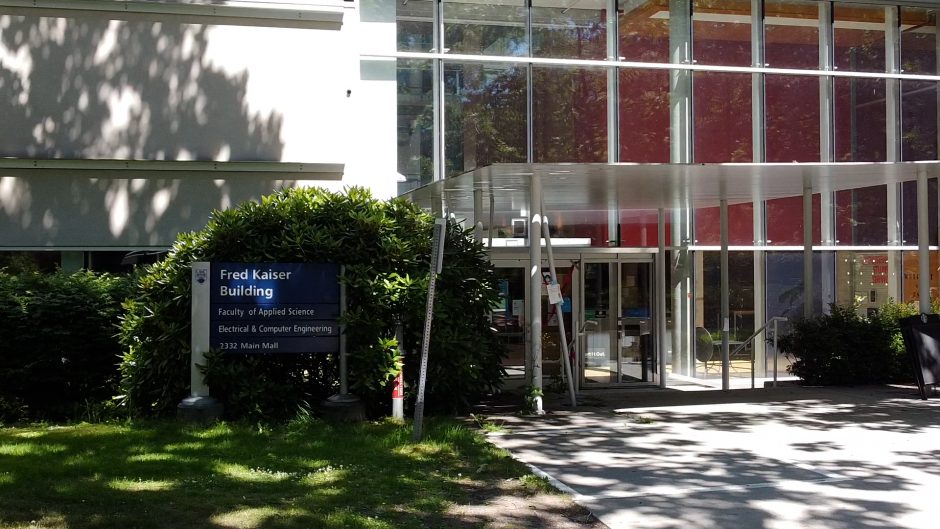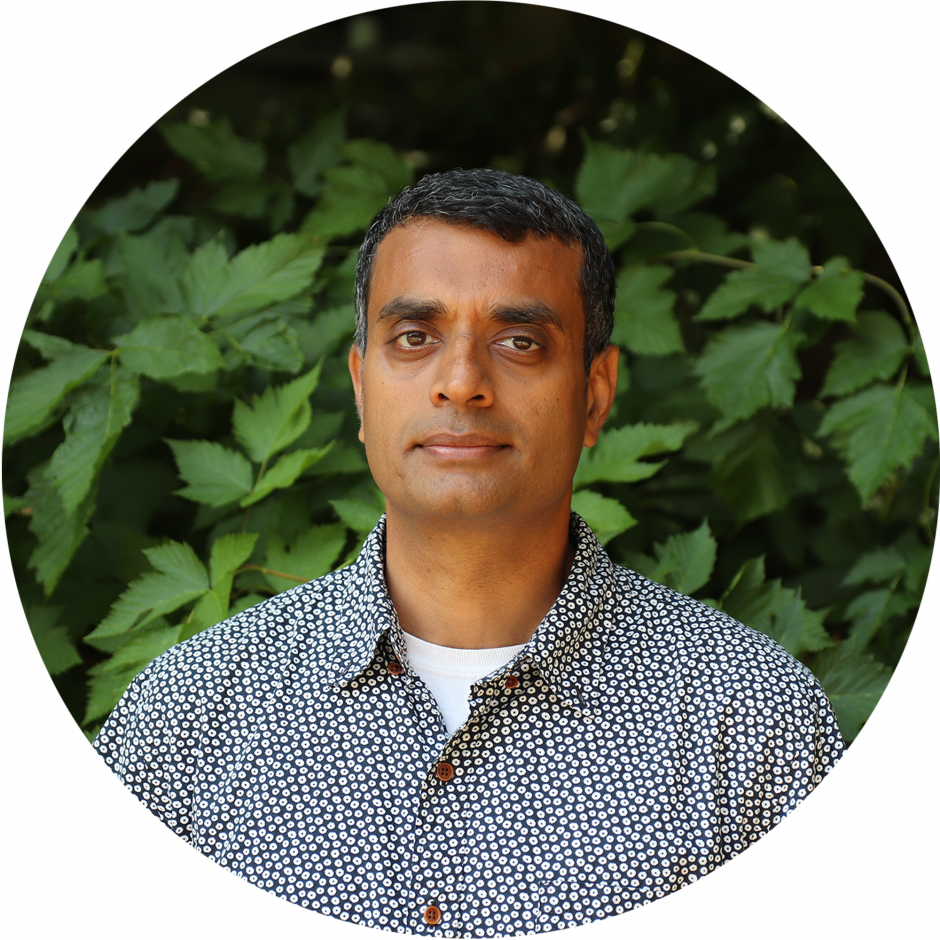
I am delighted to welcome you all to the Department of Electrical and Computer Engineering. For those of you who are setting foot on campus for the first time, I extend a special welcome. We have all been through a lot of challenges and we continue to live in uncertain climes. Nevertheless, what I hope you will all find in ECE at UBC is a lively and warm community that challenges you to new levels of achievement.
Our wonderfully talented faculty members will be your guides and your allies as you explore many different aspects of design, implementation, and deployment of systems and solutions. They — along with your peers — will be your principal resource. I am sure that they will open you up to new possibilities. My colleagues at UBC are among the world’s best scholars and are recognized for their expertise in their fields. They are known for their scholarship and contributions to the practice of engineering. Talk to them. Get to know them during office hours — they are eager to have you drop by — or after class. Find out about their research.
I do want to emphasize that you have chosen to attend a research university. What does that mean? At the heart of this university is the spirit of inquiry. Faculty members are hired to ask questions and to explore possible answers, in collaboration with others both at UBC and elsewhere. In collaboration with graduate students and undergraduates like you. We write articles and books, register patents, start companies, and teach courses: these are all the ways in which we take our new ideas to the rest of the world with the lofty aim of improving human life and the world we live in. You are entering this culture of inquiry.
You have reached this stage in your life by demonstrating that you are excellent at answering questions. Now I ask you to learn how to ask questions; questions that matter. To explore possible answers. And to ask more questions. The hardest skill to learn may be to control the impulse to seek out quick and easy answers. As part of your participation in the culture of inquiry, find out how you can undertake your own original project: answering a research question, or creating new systems and products, while working in a professor’s lab or with your peer students. Generating new ideas, new knowledge, is the fundamental mission of a research university. You will find your time here much more rewarding if you — even for a short time –immerse yourself in that mission. There are several research opportunities for undergraduates in ECE and at UBC more broadly.
I invite you to consider the important difference between training and education. The etymology of the word ‘training’ is from Latin for ‘pull’ or ‘drag’, and eventually came to mean, among other things, ‘a connected series of things’. The general implication is that ‘training’ has to do with the known. On the other hand, you will live 60 or more years after you leave UBC and much will change during that time. The word ‘education’ has its roots in the Latin word ‘educere’, which means ‘to lead out’ and suggests a preparation for the unknown. You may be thinking about your first job — and you will be supported in that endeavour – but we believe that it is much morevaluable to educate yourself broadly, foundationally, so that you areready for many years of thoughtful and compassionate engagement with the unexpected.
The entire ECE (and UBC) community is here to support and encourage you with a healthy dose of competition. Again I draw attention to the origin of the word ‘compete’, which relates to ‘aim or seek together’. We are all here to strive together.
Much of what I have said is rhetorical. Let me now offer pragmatism: we all have our strengths and areas for improvement. If you experience a sense of overload and anxiety, do reach out to our advising team early: a modified sequence of courses may be better for you.
Adrienne Rich, in a commencement address to students at Douglas College, in 1977, said: “…that you cannot afford to think of being here to receive an education: you will do much better to think of being here to claim one. One of the dictionary definitions of the verb “to claim” is: to take as the rightful owner; to assert in the face of possible contradiction. “To receive” is to come into possession of: to act as receptacle or container for; to accept as authoritative or true.”
I will combine Rich’s message with UBC’s motto ‘Tuum est’: ‘It is up to you.’ You are in charge of your education. I welcome you to ECE with the exhortation that you be an active and engaged student and not a passive recipient.
All the best to each of you!

— Sathish Gopalakrishnan
(ECE Undergraduate Advisor)
